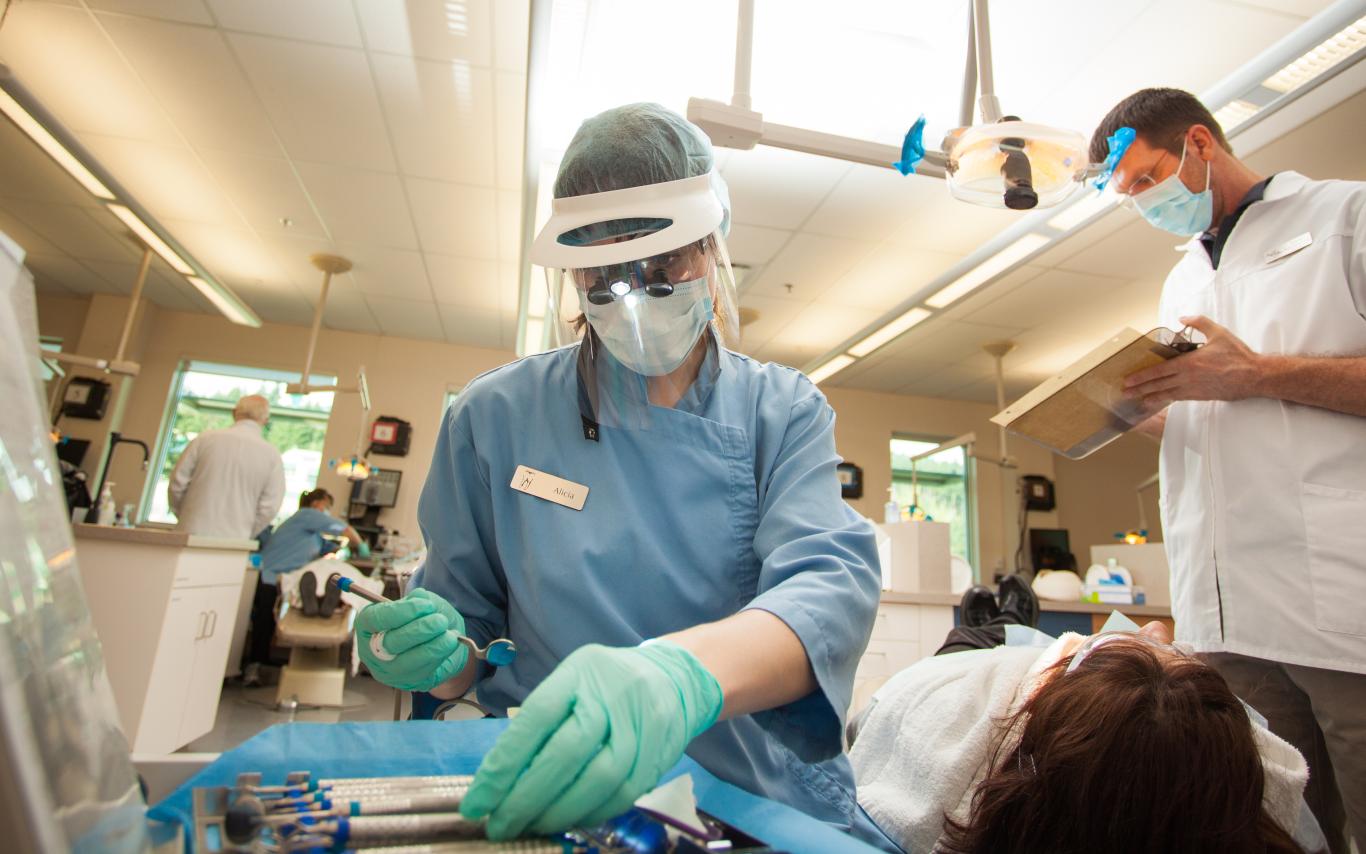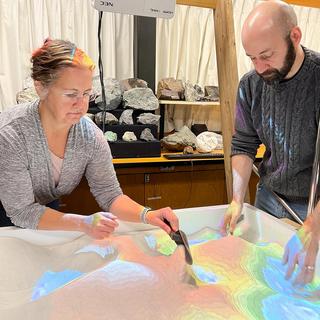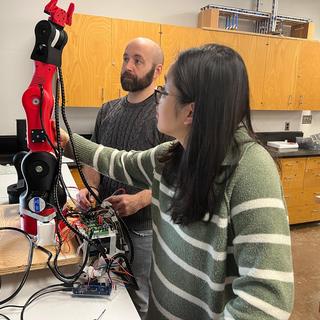Knowing yourself can help with planning your career path
We start thinking about what we want to be when we grow up long before we have even taken our first step inside of a school. Perhaps we are influenced by what our parents or Uncle Bob does, or we are genetically predisposed to be better at certain things. However, as we cross the path from child to young adult, the route isn’t always as clear anymore.
The 2018 B.C. Labour Market Outlook is predicting more than 900,000 job openings will be created here in British Columbia over the next 10 years. So how do you find the job that is right for you?
The message from three experts, Dr. Lindsay McCunn, Environmental Psychologist and Professor in Psychology at Vancouver Island University (VIU); Jesse Kemp, VIU Career and Work Integrated Learning Coordinator and Rob Barcelos, VIU Recruitment Officer, to help students rationalize career and education decisions was pretty clear: Take a good look at yourself; explore options; and study the job market.
Embrace who you are
Take the time to examine your skills. What are your interests, what are you drawn to and, legitimately, what you are not good at? Address your shortcomings without embarrassment. If it is something you wish you could be better at, then perhaps there are steps you can take to improve, such as tutoring.
Match your brain with your behaviour. If you know if you are shy and like to work alone, you might look into research.
“Look at what you are willing to do to find that dream job,” says Kemp. “If you need to have a master’s degree, are you willing to pay for it and put the time in?”
Explore a variety of occupations
Barcelos says instead of just saying you want to be a doctor, decide what kind of doctor. “There are 20 types of physicians in high demand in Canadian health care. Do you want to go into internal medicine? Do you want to be a nephrologist or a pediatrician?”
“Expose yourself to experiences – you can’t consider what you don’t know. Go on volunteer opportunities, ride along with the police and hang out in an elementary school class as an aide,” says McCunn. “Be proactive and put yourself in the environment you think you want to be exposed to day in and day out. Usually, you will succeed in a setting you feel more comfortable in.”
Look at the trends
Once you’ve decided on a possible career, what is the labour market showing? How competitive is it going to be? Will that job be there in 15 years? How much do those occupations pay?
“Talk to people working in that field,” says Kemp. “Ask what their day looks like, what hours they work? At the Centre for Experiential Learning, we call it informational interviews and they are invaluable.”
The Nanaimo-Ladysmith Public School District 68’s Career Technical Center has created a helpful web page with links to a myriad of sites aimed at helping students identify jobs, connect with employees from various careers to learn what that job is really like and to help plan education needs.
All the experts agree – finding your calling is an inward journey. How much you know and understand about yourself is critically important. Have the courage to embark on a journey of exploration and learning.
It really is an exciting time with so many occupations being created over the next 10 years. People have the opportunity to build the career they want.




